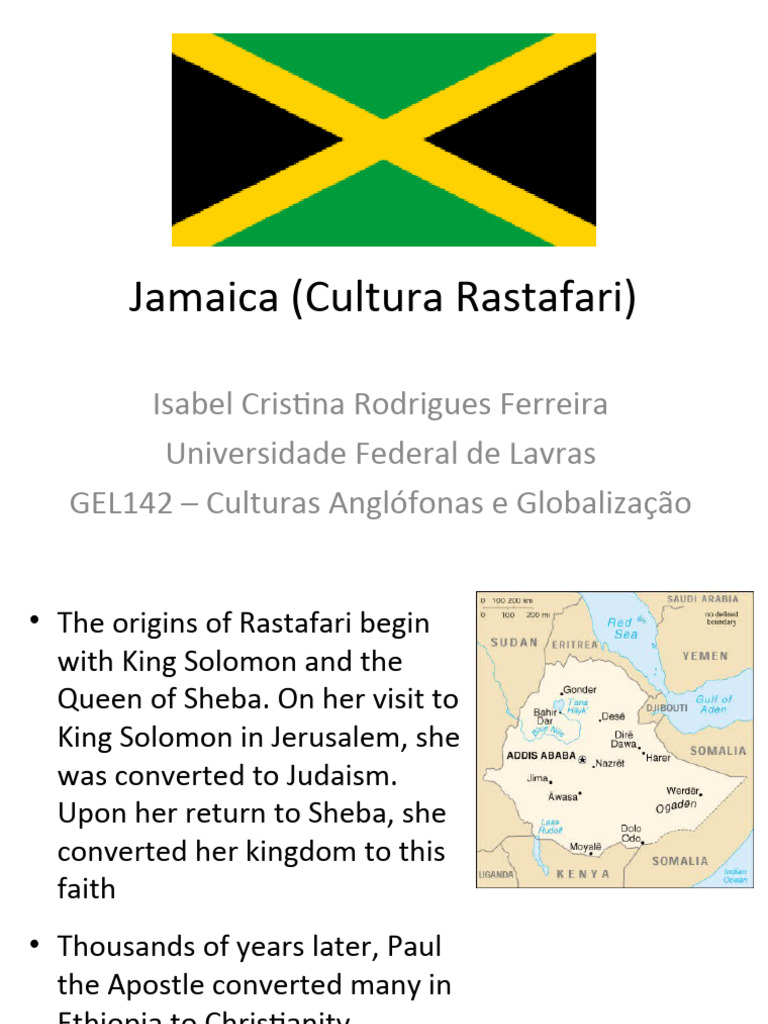Jamaica, a vibrant island nation in the Caribbean, is often celebrated for its rich culture, reggae music, and stunning landscapes. However, beneath the colorful surface lies a fascinating tapestry of religious beliefs that shape the lives of its people. As we delve into the religious landscape of Jamaica, it becomes apparent that Christianity, particularly in its various forms, plays a pivotal role, while other faith traditions add layers of complexity to the collective spiritual identity of the nation.
At the forefront of Jamaican spirituality is Christianity, accounting for a significant portion of the population. It is essential to note that Christianity in Jamaica is not monolithic; rather, it encompasses a diverse array of denominations, each with its unique customs, interpretations of scripture, and worship practices. Among these, the Protestant denominations stand out, especially Baptist and Methodist churches, which have historically influenced the societal fabric of the nation.
One might wonder, what distinguishes Jamaican Christianity from its counterparts in other regions? The answer lies not only in its historical roots but also in the fervent spirituality that permeates the worship experience. Revivalism, an evangelical movement characterized by an emphasis on personal conversion and emotional worship, has surged in popularity in Jamaica. This form of Christianity often features spirited services, marked by lively gospel music, spontaneous expressions of faith, and a strong focus on community.
The concepts of revivalism and the power of personal testimony resonate deeply within Jamaican society, where story-telling is an art form. Congregants often share testimonies of deliverance from hardship or personal transformation through faith, instilling hope and encouragement within the community. Revivalist churches frequently draw crowds by hosting outdoor services that create an inviting atmosphere for both believers and seekers alike. Is it possible that such spirited and communal forms of worship enhance the relevance of Christianity in contemporary Jamaican society?
Beyond Protestantism, the Roman Catholic Church also holds a substantial presence on the island. Although smaller in comparison to the Protestant population, Catholics contribute significantly to the cultural landscape through their observances of sacraments and annual celebrations, such as Carnival and Christmas. The Catholic approach to faith may incorporate more structure and traditional rituals compared to some of the revivalist and evangelical movements, offering a distinct experience that appeals to many Jamaicans who appreciate the symbology and formality of Catholic worship.
Moreover, one cannot overlook the impact of other religious traditions present in Jamaica, such as Rastafarianism. Emerging in the 1930s, Rastafarianism is a spiritual and cultural movement that arose from the African diaspora’s historical struggles. While it incorporates elements of Christianity, such as the reverence for Jesus Christ, it also exhibits unique beliefs, including the divinity of Haile Selassie, the former Emperor of Ethiopia. The Rastafari perception of God, or Jah, is often intertwined with a deep appreciation for the African heritage, emphasizing themes of liberation, identity, and social justice.
Rastafarianism challenges conventional notions of spirituality, prompting the question: Can this indigenous movement, with its roots in the Christian narrative, coexist harmoniously with more established Christian denominations? It’s an inquiry that persists within Jamaica’s complex religious dialogues. While some believe that Rastafarianism diverges from orthodox Christian teachings, others see it as a testament to the adaptability and resilience of faith in varying cultural contexts.
In addition to these predominant faiths, Jamaica is also home to smaller communities of Muslims and Jews, along with practitioners of indigenous African religions. These groups, though fewer in number, contribute to the island’s religious pluralism, underscoring the vibrant tapestry of beliefs. Their presence not only enriches the cultural milieu but also demonstrates the interplay between global faith traditions and local identities.
As we examine Jamaica’s religious environment, particularly from a Christian perspective, it is intriguing to observe the continuous evolution of spirituality across the island. The revivalist movements reflect a longing for connection, while Rastafarianism evokes discussions about authenticity and belonging. This dynamic interplay raises retrospections: In what ways can Christianity engage with these vibrant expressions of faith within Jamaica, fostering dialogue and encouraging unity, rather than division?
Navigating the religious landscape of Jamaica poses a noteworthy challenge. The possibility of bridging denominational divides and fostering interfaith understanding can seem daunting amidst differing dogmas and practices. However, the richness of Jamaican spirituality presents an invitation for Christians to embrace the diversity while grounding their faith in shared values of love, respect, and the quest for truth.
Ultimately, what emerges from the exploration of religions in Jamaica is a vivid portrayal of how faith transcends mere doctrine. It is a collective expression of identity, culture, and hope. As the island continues to evolve both spiritually and socially, the question remains: How can the spirit of Christianity continue to thrive in a landscape where revivalism and alternative faiths are reshaping the understanding and practice of belief? The journey towards unity in faith—as multifaceted as the island itself—may prove to be one of Jamaica’s most enduring and transformative narratives.



